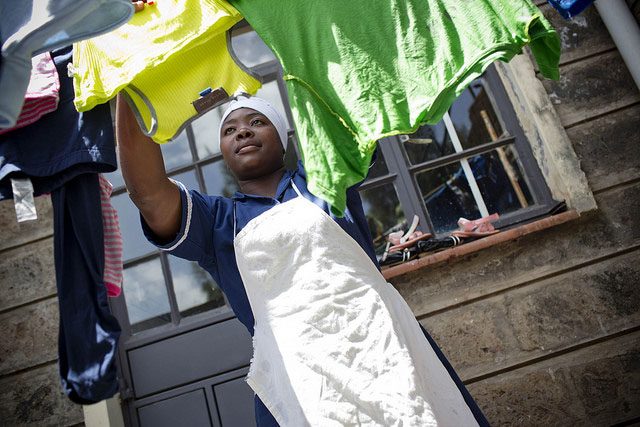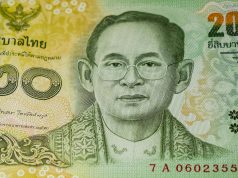SINGAPORE — Singapore must overhaul its rules and systems for the hiring of foreign domestic workers to put a stop to forced labor in the wealthy city-state, campaigners said on Tuesday.
Singapore is a top destination for impoverished women from countries like Indonesia, Myanmar and the Philippines, who take up domestic work to cook and care for local families.
But the estimated 250,000 migrant domestic workers are “highly susceptible” to forced labor due to a lack of legal protections and the isolated nature of their work, according to a report released by two charities on Tuesday.
“It’s pretty worrying,” said Sheena Kanwar, executive director at the Singapore-based Humanitarian Organization for Migration Economics (HOME), which campaigns for migrant workers and co-authored the report.
“Policies should make sure our workers are not vulnerable to forced labor but right now, they allow for that. The issue is so invisible because it happens in households,” she told the Thomson Reuters Foundation by phone.
Based on a 18-month study of more than 800 foreign helpers, the report said workers faced a wide range of issues including hefty fees charged by agents who help the women to find jobs but push them into crippling debt.
A S$5,000 ($3,700) security bond required by the government for every migrant worker also heightens employers’ fears and often leads to “draconian” measures to control their movement.
This includes confiscating workers’ passports and denying them rest days, the report added.
Singapore’s Ministry of Manpower did not reply to a request for comment but has said previously that the government does not tolerate any abuse or mistreatment of domestic workers.
HOME and the report co-author, Hong Kong-based anti-slavery group Liberty Shared, urged Singapore to abolish the security bond conditions and move towards a system where employers pay for all the recruitment fees.
They also called on the government to include domestic workers under the country’s Employment Act to better regulate their working hours and overtime, and give them access to benefits such as sick leave.
“If the basic premise of protections is not clearly formulated then it makes access to justice very difficult,” said Archana Kotecha, a regional director at Liberty Shared.
Reports of domestic workers being burned, beaten and raped in Asia have sparked outrage in a region that has the largest share of the world’s domestic workers at more than 21 million.
A Singapore couple were jailed in 2017 for starving their Filipino domestic helper, who weighed just 29.4kg (65 lb).
The International Labour Organization considers people who are trapped in involuntary work – including through the use of intimidation, debt or the retention of identity papers – as forced labor. ($1 = 1.3515 Singapore dollars) — Reporting by Beh Lih Yi; Editing by Michael Taylor










